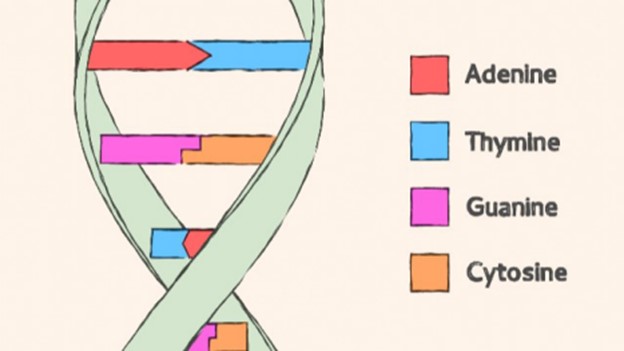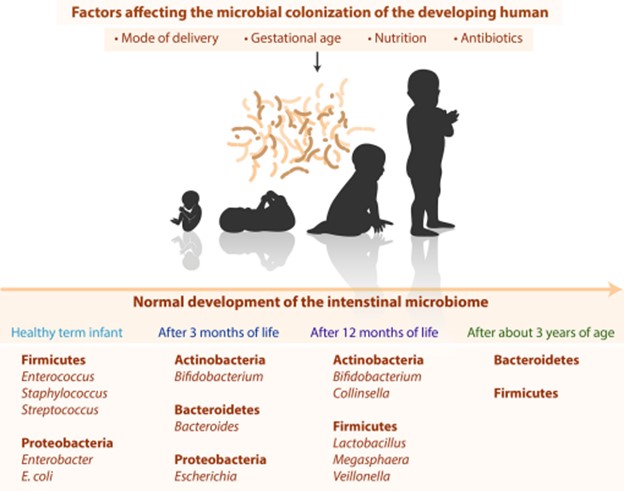What is the hallmark of adaptive immunity?
Rapid recruitment of immune cells to sites of infection and inflammation
Antigen-independent defense mechanism
Immunologic memory
Non-specific host-defense mechanisms .
The Correct Answer is C
Immunologic memory is the hallmark of adaptive immunity.
Immunologic memory enables the host to mount a more rapid and efficient immune response upon subsequent exposure to the antigen.
Choice A is incorrect because rapid recruitment of immune cells to sites of infection and inflammation is a characteristic of innate immunity.
Choice B is incorrect because antigen-independent defense mechanisms are characteristic of innate immunity.
Choice D is incorrect because non-specific host-defence mechanisms are characteristic of innate immunity.
Nursing Test Bank
Naxlex Comprehensive Predictor Exams
Related Questions
Correct Answer is C
Explanation
A primer is a short single-stranded DNA fragment used in certain laboratory techniques, such as the polymerase chain reaction (PCR).
In the PCR method, a pair of primers hybridizes with the sample DNA and defines the region that will be amplified.

Choice A) A short piece of double-stranded DNA that binds to the template DNA and acts as a “starter” for the polymerase is incorrect because primers are single-stranded, not double-stranded.
Choice B) A short piece of double-stranded DNA that binds to the primer and acts as a “starter” for the template is incorrect because it does not make sense for a primer to bind to itself.
Choice D) A short piece of single-stranded DNA that binds to the polymerase and acts as a “starter” for the template is incorrect because primers bind to the template DNA, not to the polymerase.
Correct Answer is A
Explanation
The normal flora refers to the microbial community that colonizes on the skin and mucus membrane.
Normal flora can be found in many human body sites, including the skin, respiratory tract, urinary tract, and digestive tract.

Choice B is incorrect because normal flora does not refer to a group of infectious parasites that cause diarrheal diseases.
Choice C is incorrect because normal flora does not refer to the genetic material of bacteria housed within a true nucleus.
Choice D is incorrect because normal flora does not refer to the protein coat surrounding the viral genome.
Whether you are a student looking to ace your exams or a practicing nurse seeking to enhance your expertise , our nursing education contents will empower you with the confidence and competence to make a difference in the lives of patients and become a respected leader in the healthcare field.
Visit Naxlex, invest in your future and unlock endless possibilities with our unparalleled nursing education contents today
Report Wrong Answer on the Current Question
Do you disagree with the answer? If yes, what is your expected answer? Explain.
Kindly be descriptive with the issue you are facing.
